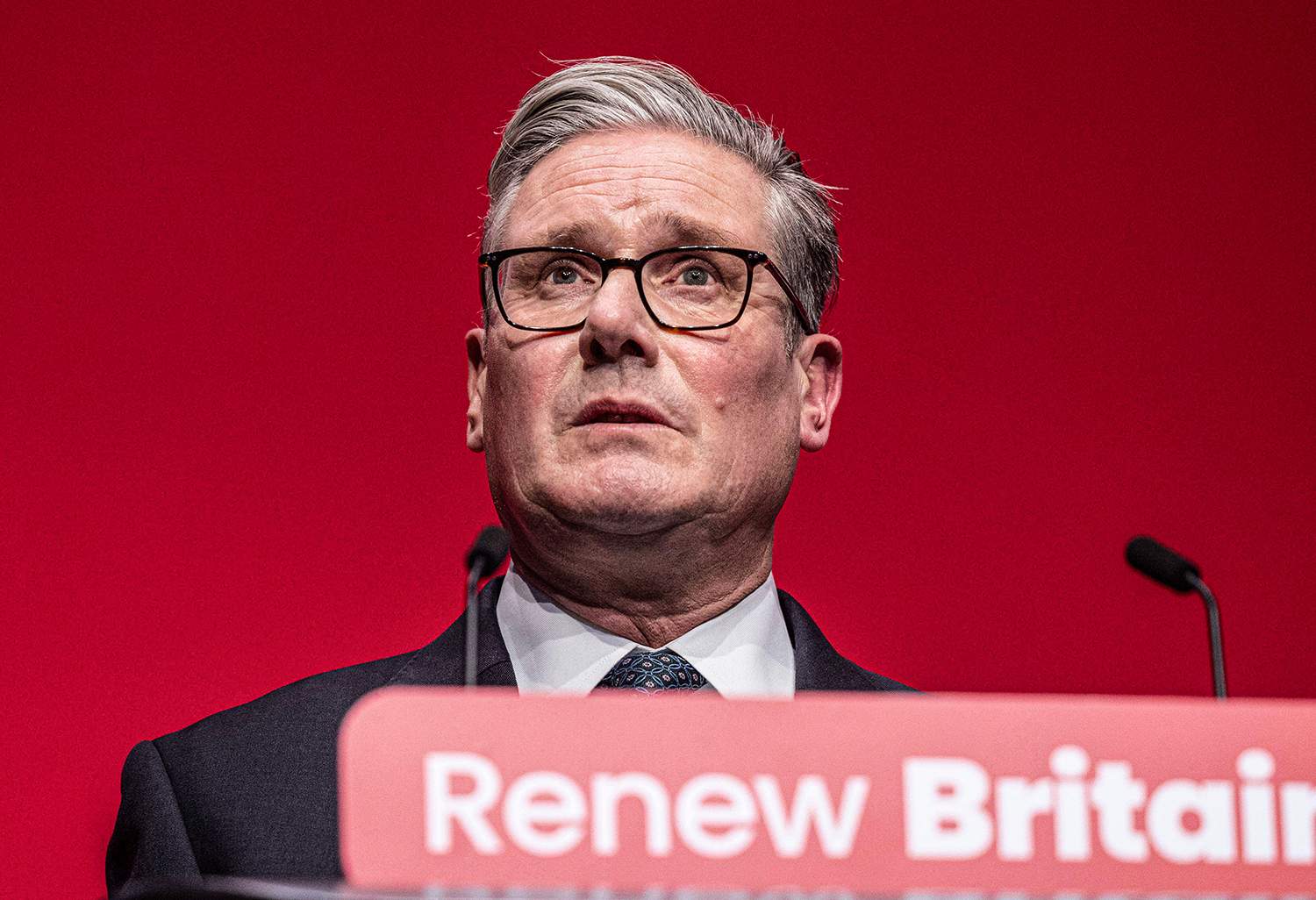
Read our Monthly Magazine
And support our mission to provide fearless stories about and outside the media system
There was much about Labour’s conference in Liverpool this week that was shocking, if not entirely surprising. The unbalanced ratio of party members to myriad corporate lobbyists, the lack of meaningful votes, the surface level chirpiness hiding a much deeper gloom below the surface and the absence of any real plan to get Labour and the country out of the mess it’s now in.
Sure, Keir Starmer gave a better speech than his previous efforts, but I doubt a line of it will be remembered and virtually none of it will be built on in any systematic way, because this is not a leadership that does systematic thinking other than in the most tribal and hyper-factional way. The DNA of the Starmer project simply won’t allow it.
The party’s problems goes back to the origins of the Starmer project. Over long one-to-one conversations about the future of the Labour Party back in 2018 Morgan McSweeney, now the Prime Minister’s Chief of Staff, then the Director of Labour Together think tank, would explain that the future of the party was ‘Corbynism without Corbyn’.
The rationale for this was that the 2008 global financial crash had changed everything, a more vigorous social democracy was needed, just one that was far more professional than Jeremy Corbyn could seemingly ever manage. It sounded both plausible and genuine.
But more than once McSweeney would go off on a tangent about an obscure radical left online publication called The Canary, which he seemed to feel had an overbearing and dangerous influence on the mood of the Party and the left, and needed to be shot down. It seemed a strange obsession which then seemed unworthy of much attention. However, in hindsight the signs of what was to come later were already in place.
ENJOYING THIS ARTICLE? HELP US TO PRODUCE MORE
Receive the monthly Byline Times newspaper and help to support fearless, independent journalism that breaks stories, shapes the agenda and holds power to account.
We’re not funded by a billionaire oligarch or an offshore hedge-fund. We rely on our readers to fund our journalism. If you like what we do, please subscribe.
As the years have passed the real focus of McSweeney and his small clique of hyper factionalists has become clear. And that focus is to not to change the country for the better, but to destroy the whole of the left in Labour for good.
Here the Canary becomes both exemplar and metaphor. Canaries are outriders, used to anticipate and warn of danger lurking ahead. In taking out everyone but their narrow and therefore brittle hyper-faction, they’ve created a Labour Party and a Government with almost no breadth, no air to breathe, no creativity, little imagination, almost no challenge and virtually no accountability.
Keir Starmer was jumped on as the candidate who could front up McSweeney’s plan, with Labour Together funding exhaustive polling of the party membership to show they wanted a left wing but professional leader, he was able to fool them into voting for ‘Corbynism without Corbyn’.
Once victory was secured, they could turn on the very people they had wooed. Members would be kicked out of the party on an industrial scale, candidates would be vetted to fit only their mould and supported with huge amounts of money and rules and positions would be twisted for any factional advantage.
This level of factionalism is unprecedented in the party’s history. Labour has always had factions jockeying for influence. From Blairites to Corbynites, both of whom had a strong sense of vision for the party and the country and therefore the confidence to tolerate competing views, there was a clear desire to press agendas but never based on the total exclusion or all other voices. Labour has always been plural and better for it.
Today’s pathological factionalism is a different order. It springs from a tiny group of entitled right-wing activists around McSweeney who are totally fixated on ‘rescuing their’ party from Corbynism and then ensuring nothing like it could ever happen again. But their very lack of any deeper motive or vision for the Party, let alone the country, their lack of intellectual confidence, encouraged an arrogant protective skin in which the ends justify any means.
The treatment of figures such as Faiza Shaheen and Diane Abbott demonstrates the lengths and depths to which they were prepared to go. This continued into this week’s conference where a series of left wing journalists were excluded for the vaguest of reasons.
Inevitably and inexorably this project is starting to unravel. Few would care if everything in the economy and society was going well. But people skilled only in the art of internal faction-fighting could never transfer their blunt skills to the complexity of running a country. You can expel members and coerce candidates, but you can’t do that to voters and a country.
And when things start to go wrong, as they always do for every Government, there is no-one left to come to the rescue, there are no outriders or allies to call on, no deep roots to tap into to draw on different thinking and ideas.
Canaries, like all birds, need two wings to fly. One sided and lopsided projects – especially in politics – become blindsided.
If Labour is to pull off the big reset it and the country needs to steer away from the ragged rocks of Reform and Farage then it’s not just the captain of this ship that might have to change but crucially the culture of Labour’s politics to something much warmer and respectful, more aware, inquiring and nuanced and therefore deeper, more agile and hopeful.
Liverpool showed a leadership doubling down. It is a strategy that is unlikely to survive until the party returns there next year.

